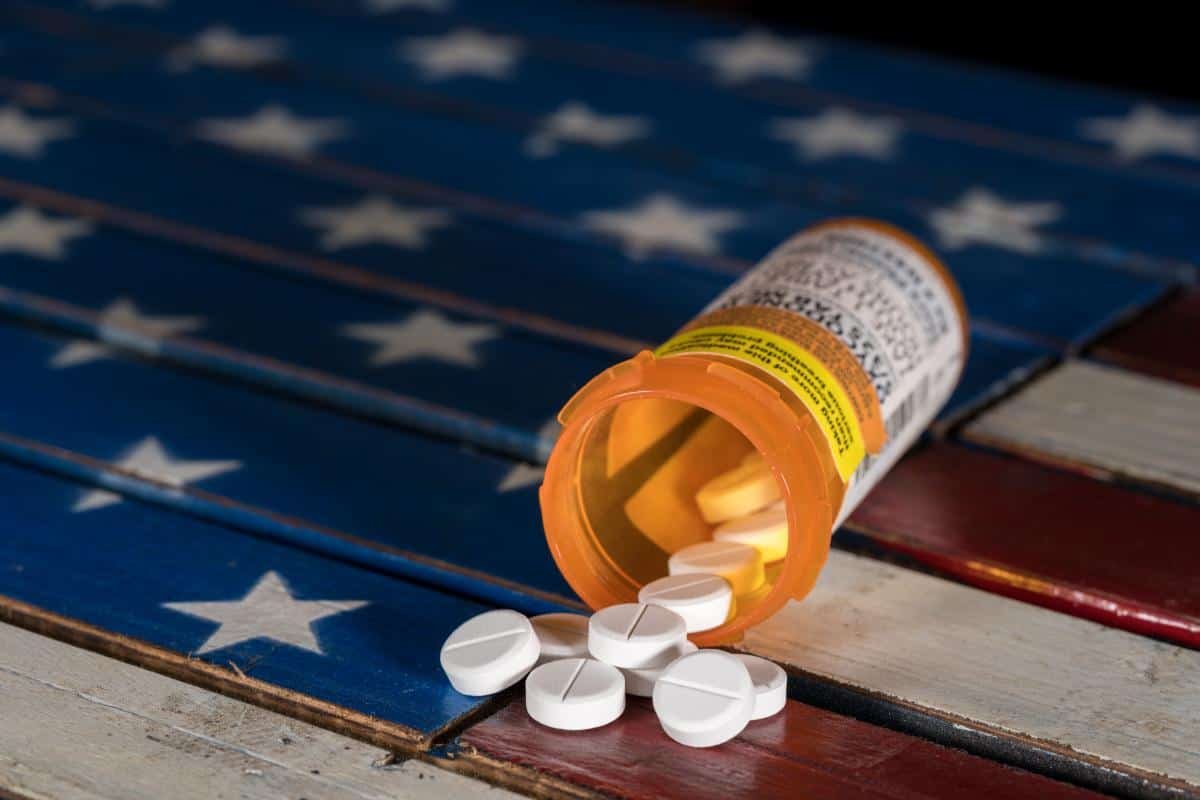If you or a loved one has an opioid use disorder, you may be looking for opioid addiction treatment in Massachusetts. At Rockland Recovery Treatment Centers, our highly trained and licensed therapists and other staff members are dedicated to a full recovery for every client we help. Our opioid addiction treatment program provides comprehensive and compassionate care for people who require the support of professionals to get back on the right track. Learn more about how our team is battling the opioid epidemic and how we can help you with our drug rehab center in Massachusetts by calling 855.732.4842 or completing our online form.
Opioid Epidemic Statistics
According to the CDC, more than 700,000 Americans died from a drug overdose from 1999 to 2017. Further, 68% of the more than 70,000 drug overdose deaths in 2017 related to opioids, that’s a 600% increase over the 1999 tally.
This increase in opioid epidemic statistics that ended in a fatality can occur in three phases, as follows:
- The first phase started when doctors began to increase the number of opioid prescriptions in the 1990s.
- The second phase started in 2010 when heroin overdoses began to skyrocket.
- The last wave started in 2013 when opioid overdose deaths primarily involved prescription drugs, particularly illegally manufactured fentanyl combined with cocaine, heroin, and counterfeit pills.
Fighting the Opioid Epidemic
The same CDC report that details the phases and statistics above also indicates that 115 Americans die daily from opioid overdoses. The CDC has committed to battle this epidemic by supporting states and local communities in their fight against addiction.
The CDC’s Prevention for States and Data-Driven Prevention Initiative collaborates with clinical and public health providers, insurance companies, state-level policymakers, and others. The goal is to help states create programs to monitor the opioid epidemic and provide opioid epidemic statistics focusing on fatal and nonfatal overdoses.
How Significant Is the Heroin Epidemic?
People are abusing heroin as well as multiple substances such as cocaine and prescription drugs. This drug cocktail presents even higher risks of overdosing. According to the CDC, almost all heroin users use at least another drug.
With the rise of the heroin epidemic, more people are dying. In fact, 15,482 people overdosed on heroin in 2017. That’s a 400% increase over the heroin overdose deaths in 2010.
Opioid Epidemic in State
Massachusetts, like much of the nation, is under the thumb of an opium epidemic. Opium overdose deaths are related to the nature of opioid addiction, which is aggressive. Due to the addictive nature of opioids, people with opioid use disorders are susceptible to overdose.
Opioid-related deaths increased by 400% between 2010 and 2015. To underscore this trend, between 2013 and 2014, 67% of Massachusetts’ communities experienced opium overdose deaths. The state’s rate of opioid-related death rate has exceeded the national average. In fact, the fatal overdose rate in Massachusetts surpassed the U.S. average by 200%.
The opioid epidemic has touched every community and nearly every family in the Commonwealth in some way. If your family is one of them, perhaps it’s time to seek help.
Opioid and Heroin Treatment in Massachusetts
At Rockland Recovery, we feature sober living and substance abuse disorder recovery programs in Massachusetts. Perhaps you or a loved one have been struggling with opioid addiction. We have two sober living homes, one each in Dorchester and Rockland. Choose the one closest to you, and let us help you regain hope for lifelong recovery in our opioid rehab program.
We have a reputation for success in the community. Our residential program provides structure recovery with an emphasis on group therapy and the healing power of the 12-step approach to continuous recovery.
Combat the Opioid Epidemic with Support from Rockland Recovery
The opioid epidemic has taken an enormous toll on both those affected, as well as their friends and family members. Unfortunately, opioid addiction has taken control of many lives across the country, and it can be nearly impossible for many who are addicted to opioids to overcome this addiction without the support of addiction specialists and therapists. At Rockland Recovery, our team has years of experience guiding people through their recovery journey from opioid addiction.
Contact our Rockland Recovery Treatment Centers team today by completing our online form or calling 855.732.4842 to start your recovery from opioid or other substance abuse. Learn about our scholarship program or how you can get started in treatment by contacting us today.

